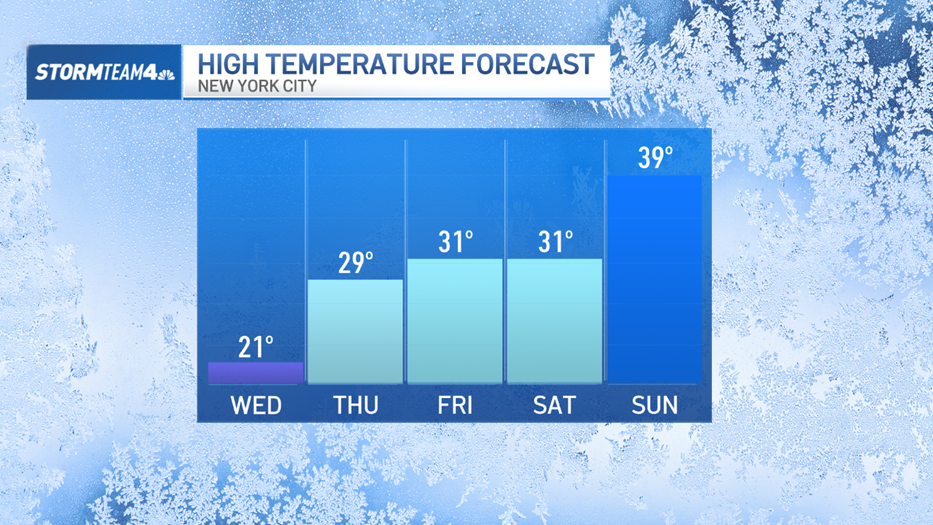What to Know
- According to the study, the percentage of New Yorkers who could be classified as obese has increased from 27% to 32%
- In addition, 41% of New Yorkers reported difficulty sleeping and more than half a million people in NYC have symptoms of depression
- This series of studies utilized data from the 2004 and 2014 NYC Health and Nutrition Examination Surveys to analyze health trends
Obesity, depression and difficulty sleeping are plaguing more New Yorkers now than in 2004, according to a new series of studies.
The studies also revealed that diabetes rates remain high, especially for people of color. On a more positive note, blood levels of lead and mercury have dropped due to increased awareness and reduced exposure, researchers found.
This series of studies was released by the Journal of Urban Health to investigate current mental and physical health trends in New York City between 2004 and 2014, based on data from the NYC Health and Nutrition Examination Survey.
According to the study, the percentage of New Yorkers who could be classified as obese has increased from 27 percent to 32 percent; most of those who fell under that classification were men. The increase is less severe than what has been seen in national trends, but showed a great disparity when it came to education level, access to health insurance, and immigration status, the researchers said.
Despite no significant change in the amount of exercise New Yorkers have been getting over the past decade, the study found other factors that may have contributed to this apparent weight gain. This includes an increase in the average number of meals per week being ordered from restaurants rather than cooked at home from 2.7 to 3.8 and a 32 percent increase in the number of people spending more than 3 hours watching TV or online videos each day.
Weight gain is not the only health concern that the studies found to be common in NYC. The reputation of being the city that never sleeps has taken on a literal meaning, with 41 percent of New Yorkers reporting difficulty sleeping, a problem that has been tied to higher risk of disease and infection.
Local
From a mental health standpoint, the study determined that more than half a million New Yorkers have symptoms of depression, and most of them are not receiving any form of counseling or treatment.
In general, these mental and physical health trends are similar to those currently being seen elsewhere across the country, researchers said.
The analysis, led by researchers from NYU’s School of Medicine and the NYC Health Department, was conducted based on a combination of physical examinations, laboratory testing, and interviews with more than 1,500 residents. The sample population was selected to represent every adult, gender, and race in the city’s five boroughs.
“This information is critical for physicians and policymakers to identify and address troubling trends, such as increasingly sedentary lifestyles, increases in screen time, more restaurant meals, and consumption of fewer fruits and vegetables,” says Lorna Thorpe, one of the principal investigators behind the research series. “Our study shows where we need to focus our resources to prevent and treat ill health.”



